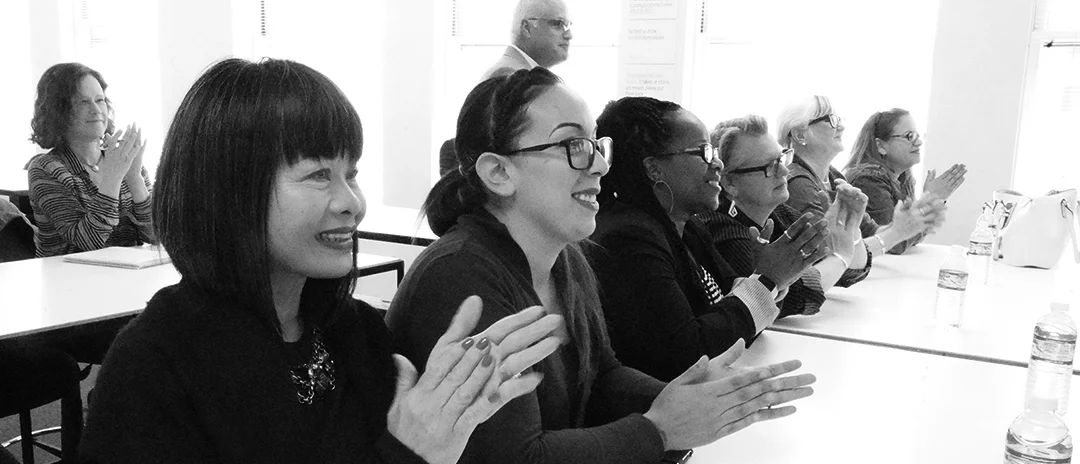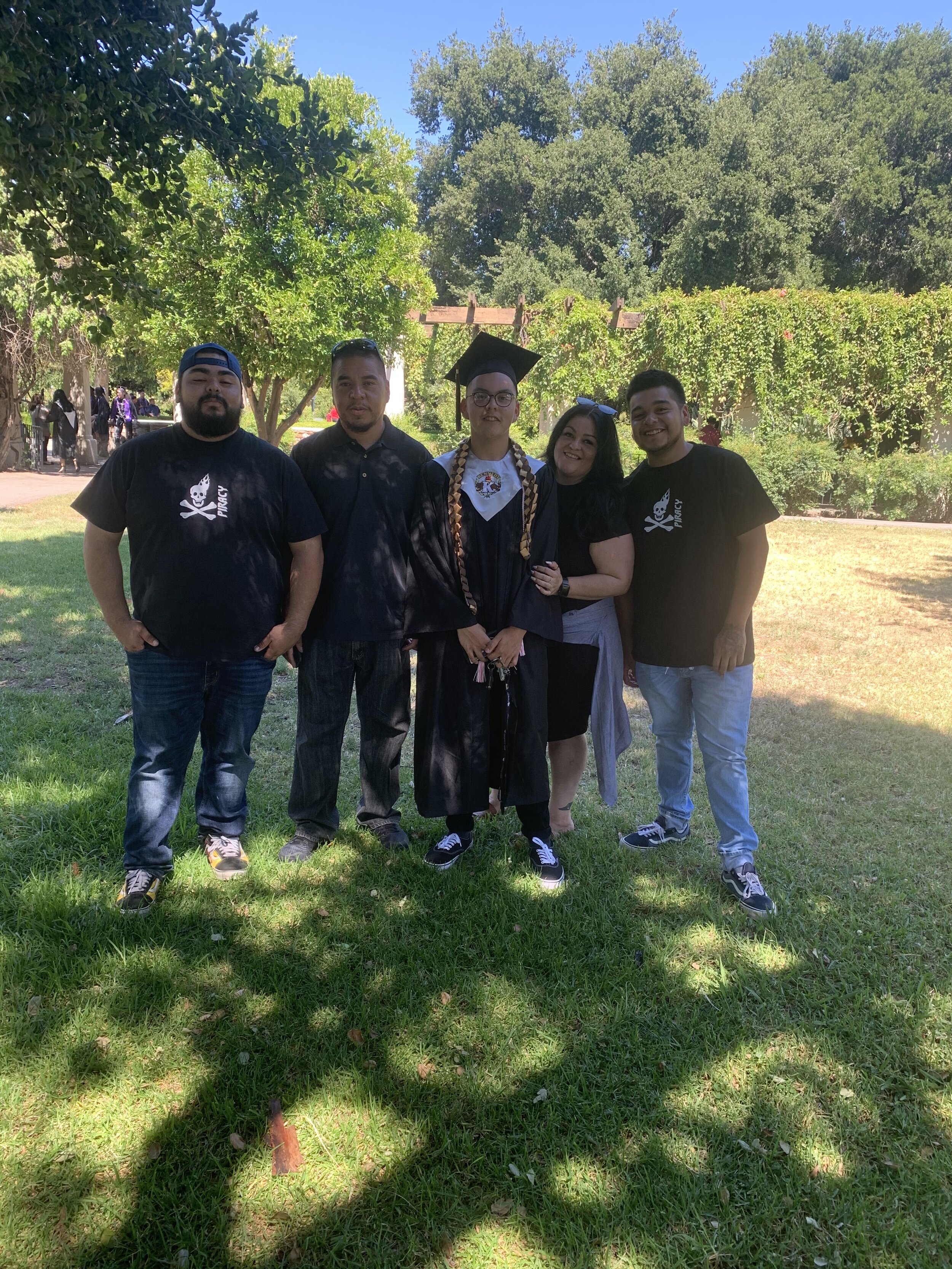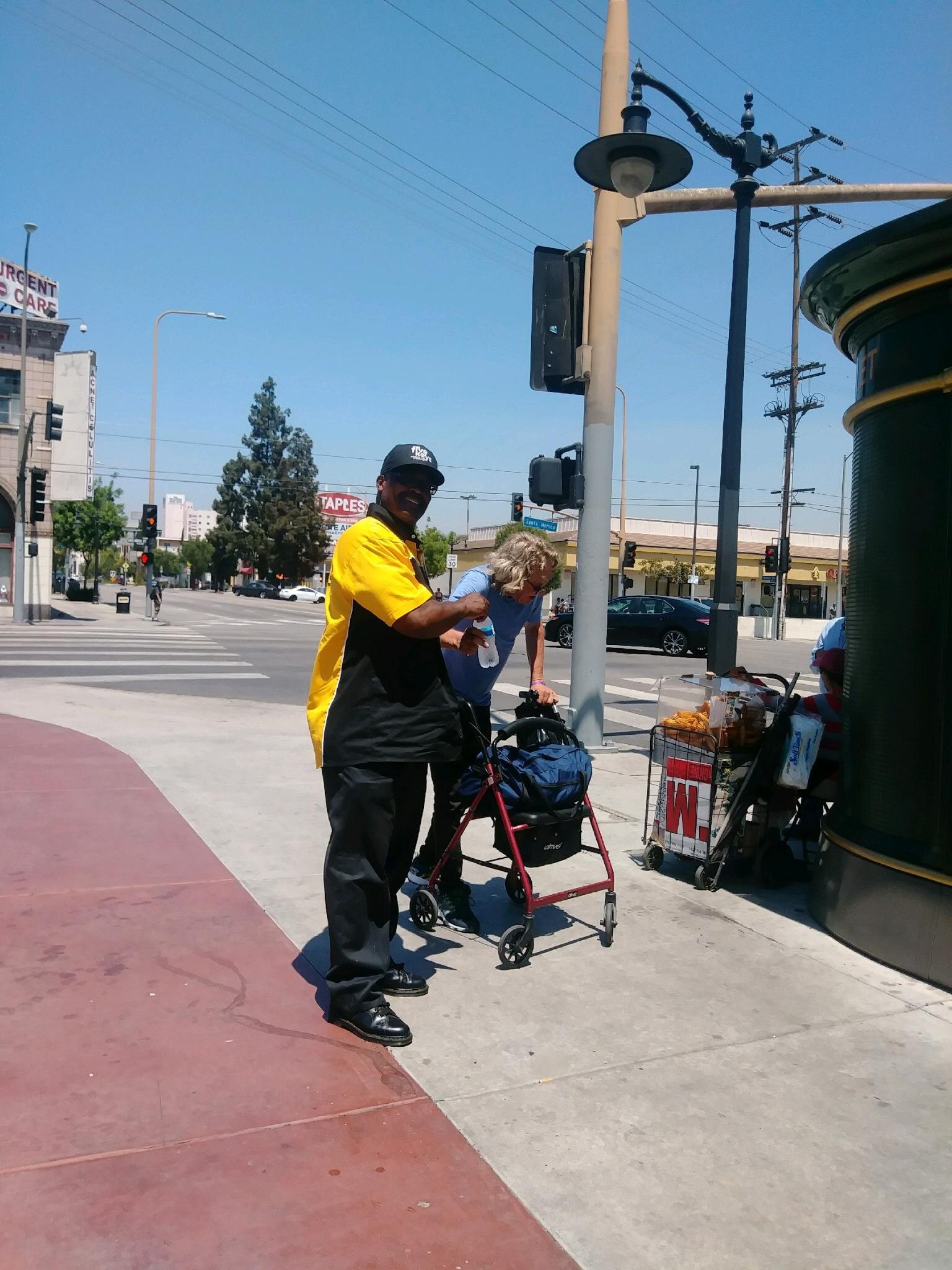Shonta Montgomery is now 36, and she has spent much of her life living in Watts where gun shots, police sirens and fireworks ring out and senseless killings and gangs reign. Since she was released after serving six-and-a-half years in prison with no money and no place to live, she’s fought her way on the streets, trying to stay out of the way of gangs and drug peddlers who mark their turf along the streets and parking lots of the South Los Angeles neighborhood.
Fighting addiction, unemployment and homelessness, Montgomery, who grew up one of 12 kids, says she was ill-equipped to embrace life after prison. Though she resolved to get her life back, incarceration stripped her of her identity and a lack of a high school education daunted her attempts to get a job and get back on track.
Until, she says, a social worker connected her with SHIELDS for Families, a non-profit in South Central Los Angeles, that offers people like Montgomery a family-centered approach to addiction treatment and recovery….a model that has success rates over three times the national average for substance use disorder treatment. Through SHIELDS, she was introduced to Five Keys Schools and Programs, where she has been studying for her high school diploma.
“I didn’t want to live on the streets, and I didn’t want to die,” says Montgomery, who also has recently been reunited with her 15-year-old son. “I begged them to help me to get off the streets and go to school.”
Montgomery’s experience speaks volumes about the thousands of students who have been served by Five Keys, since it was founded in 2003 by the San Francisco Sheriff's Department as the first accredited charter high school in the nation to provide diploma programs for adults in county jails. Teachers, staff, and supporters are committed to the belief that pursuing higher education is an excellent way for ex-offenders to re-enter their communities and live productive, fulfilling lives.
Montgomery traces her journey from prison to recovery to SHEILDS and Five Keys.
Today she lives in a one-bedroom apartment and is working hard on her schoolwork and rebuilding her relationship with her family, and especially her teenage son. She is also taking socially distanced Salsa dancing in her backyard.
She knows that education is especially critical for her efforts to seek employment, beat her prison rap and leave Valley State Prison, in Chowchilla far behind her. She wants to become a physical therapist.
“I’m really working on rebuilding all my relationships and my life,” she says. “I don’t want to ever go back to the life of popping pills and addiction. I want to be somebody special. You know I started studying art history. My teacher asked me to do an essay project on it and I love it. It’s been hard, but I’ve learned not to give up, no matter what you lose, no matter how dark a place you’ve been, don’t give up!”



















